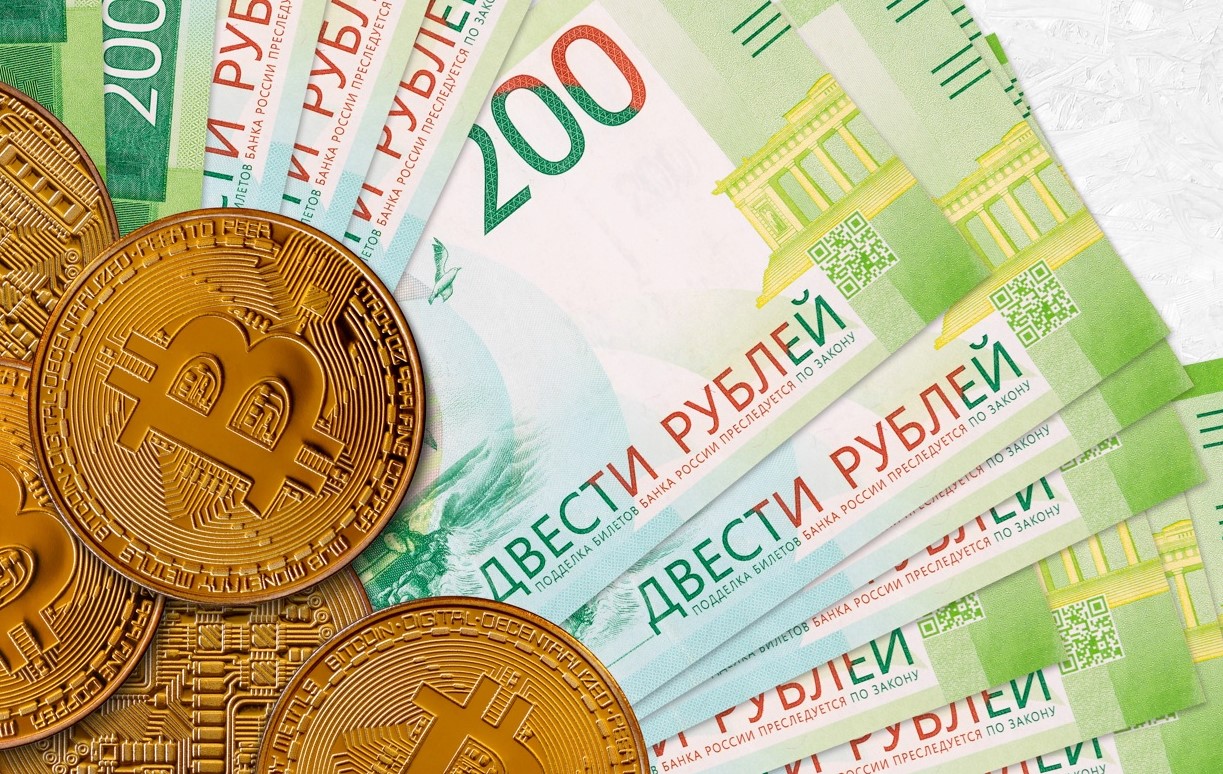
- Chainalysis chief Jonathan Levin has said there’s no evidence of ‘systemic’ use of crypto to skirt sanctions
- The CEO also explained how Chainalysis’ recently-released sanctions compliance tools enable businesses to screen for interaction with sanctioned addresses
Amid the ongoing invasion of Ukraine by the Kremlin, the question of whether cryptocurrencies could be used to evade economic sanctions has been up for debate.
Blockchain tracking and analytics firm Chainalysis CEO and co-founder Jonathan Levin has given his opinion on the matter in a recent interview with Bloomberg Technology. Levin spoke to Emily Chang and Sonali Basak about the new free sanctions screening tools recently announced by Chainalysis.
He explained that the tools are meant to help organisations and businesses ensure they remain on the compliant side of the imposed sanctions.
The new tools, an API for use on web servers and mobile UIs (coming next month), and an on-chain oracle deployable on smart contract chains such as Ethereum, BSC, and Polygon, would enable users to screen the transactions they are handling against sanctioned addresses catalogued by Chainalysis.
These are addresses listed by the Office of Foreign Assets Control (OFAC) in the US.
Crypto isn’t serving evading Russians
When asked about the extent to which his firm is seeing attempts by Russian entities to circumvent the economic penalties, Levin said Chainalysis is laying watch on the macro environment around the Russian economy.
He added that the firm is tracking volume changes, liquidity changes, and transaction patterns to determine if there’s been a systemic change” in the use of crypto in Russia. This would indicate whether crypto is facilitating the evasion of sanctions, but thus far, the evidence suggests otherwise.
“…and you know, so far, we’re not seeing the systemic level of cryptocurrency being used to evade sanctions that people were worried about at the beginning of this,” he said, responding to a question.
The role this war will have on the future of crypto
The Chainalysis CEO concurred that the Ukraine-Russia war has been an inflection point for crypto, as it has brought out the digital assets’ utility. Levin explained that the speed at which funds were able to move from different countries via crypto into the hands of the Ukrainian government showed best the significance of the assets.
The Chainalysis executive added that the war has shown it’s possible to ensure sanctions compliance even for crypto businesses. This signals that the regulatory mood will likely change and have an even bigger influence on how regulated crypto firms operate in the West.

